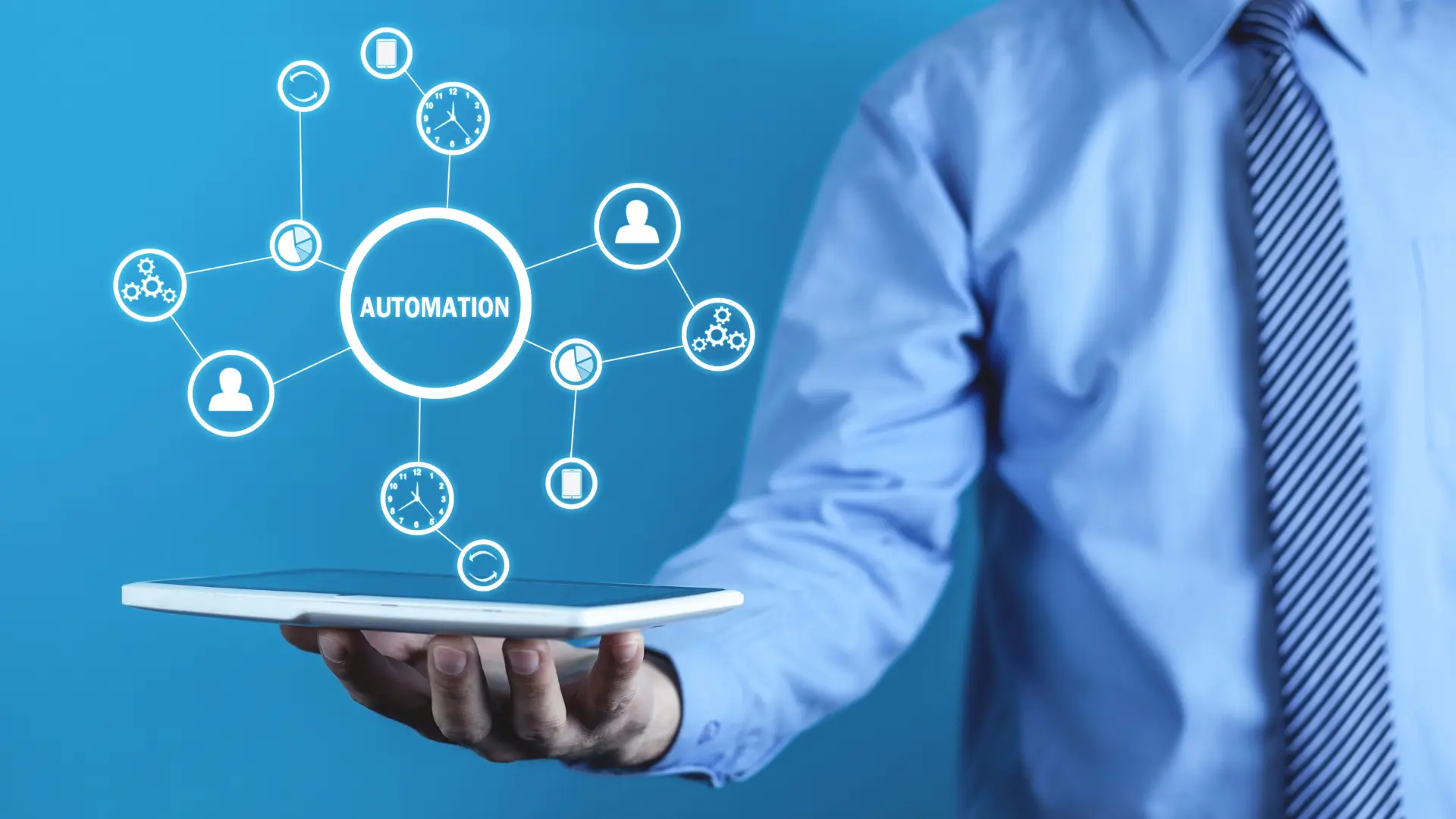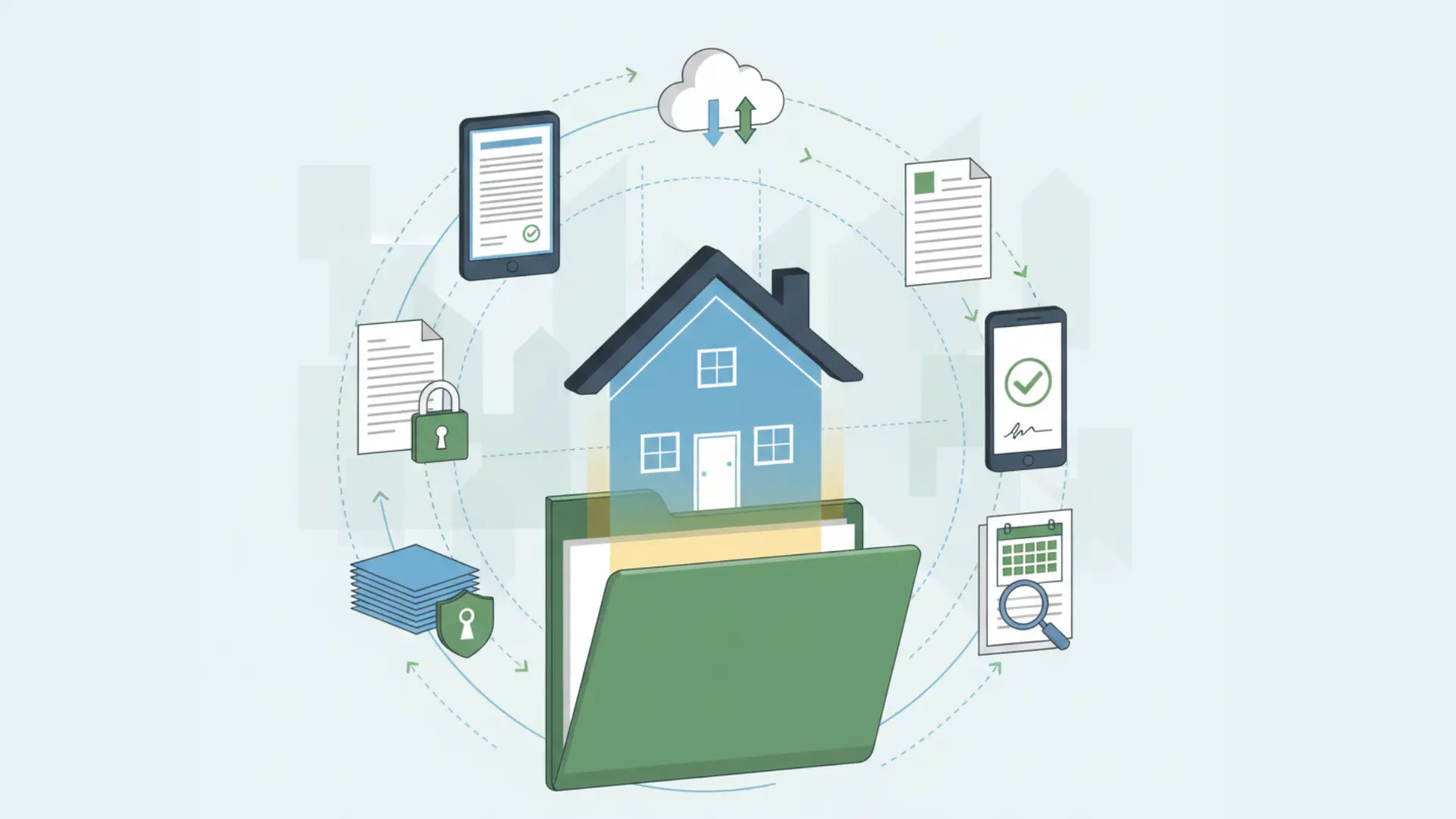While businesses continue to adopt technology to improve operational efficiency, marketing, and sales processes are moving towards automation to a larger degree. Marketing automation software is being used to automate lead management, improve customer communication, and establish brand loyalty, many times without adding extra overhead.
As per industry studies, the majority of marketers already leverage some type of automation. Whether it’s automating email and social posting, ad spend management or lead nurturing, automation increasingly helps streamline processes that used to demand constant human intervention.
Automation Matters for Sales and Retention
Automation tools enable salespeople and marketers to speed up the sales cycle, improve retention, and demonstrate better returns on investment. Timeliness and consistency in customer communication help in creating brand loyalty, which subsequently generates repeat purchases and long-term customer relationships.
Although customized campaigning is a task that entails planning, content creation, and oversight, the use of mechanized systems will assist such efforts in scaling effectively.
Lead Scoring – Prioritizing the Right Prospects
Lead scoring is perhaps the most useful application of marketing automation. By attributing values to prospects based on their actions, like form fills, content downloads, or dwell time on a site, automation will qualify leads in real-time.
This process ensures that sales teams are working on the leads most likely to convert. Demographic data and activity-based scoring can also be utilized to assist segmentation, allowing marketers to align their messaging with buyer intent and readiness.
Nurturing Leads After the First Sale
Automated lead nurturing keeps your company in the lead of customers long after a sale has been made. Without additional contact, too many customers would drift away, especially if much contact occurred prior to the sale but not much afterward.
You can automate the tools to time-release the right emails, offers, and product recommendations based on past purchase history and behavior. This creates renewed interest, enhances customer satisfaction, and results in more repeat business.
Personalized Campaigns at Scale
Automation enables customization of communication based on a customer’s actions and interests. From tailored emails to behavior-based landing pages, automation ensures messaging aligns with customer needs.
As an example, tracking a user’s browsing history can surface relevant products or services. Automated systems can push these recommendations through targeted emails or website content, improving conversion without manual intervention.
Automation also facilitates immediate response to customer inquiries. Through pre-configured email campaigns, companies can respond to issues in real-time while the internal teams check up, all without constant surveillance.
Obtaining Feedback to Improve Relationships
Customer feedback is necessary for improving services and products. Marketing automation programs can schedule surveys and review requests when they are appropriate, making it simple to obtain feedback.
This feedback system allows better decision-making and suggests areas of communication or service gaps. Heard customers are also more likely to stay active and refer others favorably.
Turning Customers into Advocates
Automation can also help locate and engage loyal customers. Those who frequently interact with your brand, through email clicks, product reviews, or social media, can be encouraged to share their stories or join referral programs.
By identifying active users and offering them special offers or first access to new products, businesses can build a base of supporters who spread the word and grow the brand.
They can also assist in marketing goals by reminding, offering suggestions, or guiding the user through the sales funnel. When part of more comprehensive marketing automation platforms, chatbots offer a seamless way to keep individuals engaged across channels.
The Human Touch of Automated Touchpoints
Automation may come across as unfeeling or mechanical at first glance, but with intention, it’s one of the most powerful ways of showing your customers that you care.
Think about this – a customer is sent a follow-up email after downloading a guide, a welcome reminder when their subscription comes up for renewal, or a personalized suggestion based on something they loved.
To the customer, it’s personal, timely, and relevant. And that’s the aim, not to eliminate the human touch, but to multiply it.
Automation isn’t replacing relationships. It’s about preserving them, even when your team can’t be in multiple places at once. By addressing needs in real time and foreseeing what matters most to each customer, businesses can build experiences that feel intuitive and thoughtful, rather than robotic.
Micro-Moments That Build Loyalty Over Time
Customer loyalty is not usually the result of some heroic deed. It arises from the small things, the micro-moments expressing, We see you.
Marketing automation enables businesses to show up in those moments over and over again. A birthday email with a special deal. An in-stock notification when a product comes back. An appreciation message after the second buy.
As isolated transactions, they don’t matter. But in combination, they express thoughtfulness and continuity. That’s what builds emotional loyalty, the kind that makes customers come back, even when the competitor can offer them a lower price.
These automated phrases are not hard to put into practice, but they speak volumes. They let your customers know that your brand is more than a transaction, a transaction that’s valued more by them.
Empowering Your Team to Do More of What Matters
One of the lesser-mentioned benefits of automation is its impact on your internal teams. Boring tasks like following up, lead sorting, or scheduling social updates can fill hours that are better spent on strategy, ideas, or hands-on customer contact.
Automating the mundane means that your sales and marketing teams can focus on the high-level conversations and innovative thinking that truly drive the business forward.
It’s not reducing the human touch; it’s freeing it. Automation takes care of the busy work so your people can focus on what they do best – establishing trust, solving problems, and communicating with customers in a human way.
Making Automation Feel Like a Conversation
The greatest automation is very much like a two-way conversation. It listens, it learns, and it adapts. With AI and behavioral tracking, modern platforms are able to tweak content and timing based on the manner in which each customer is engaging, creating campaigns that feel less like a broadcast and more like a dialogue.
Did someone open an email but not click through? Automation can try another approach. Did they engage socially but not convert? A soft reminder might be in the pipeline.
When automation tools are used to respond, rather than react, they make people feel heard. And when customers feel as if a brand is actually listening, that’s where loyalty starts to form.
Conclusion
Marketing automation facilitates consistent, targeted, and efficient communication across the entire customer life cycle from acquisition to retention. By automating lead scoring, e-mail nurturing, and customer feedback gathering, companies can improve team productivity and generate improved results.
Nearly half of companies are currently using marketing automation software to increase sales and loyalty. As more organizations make use of these tools, automation is being adopted as a part of long-term growth strategies.
If you need to implement or expand your marketing automation platforms, we can help. At Nablasol, we work with companies to streamline their processes and deliver measurable outcomes.






